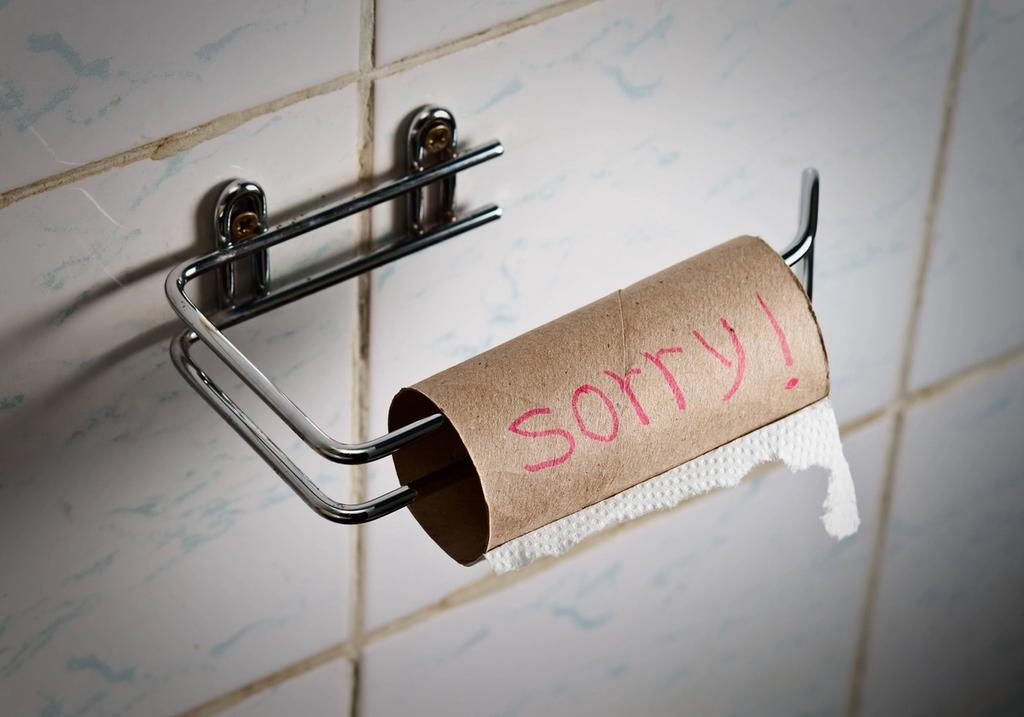
Don't Do These Things if You Are in a Car Accident in California!
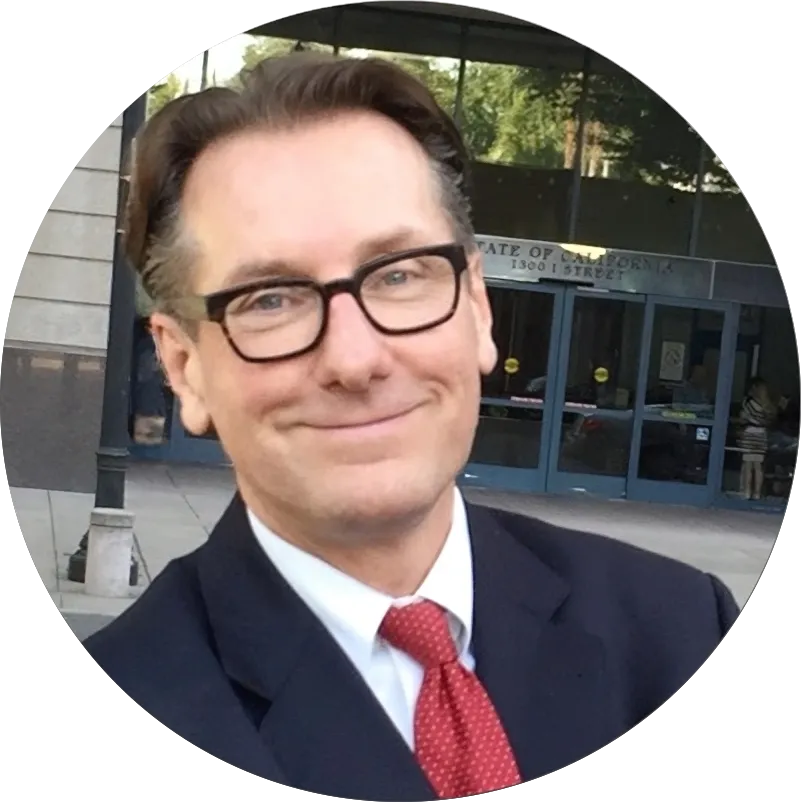 By Daniel Amos
By Daniel Amos I’ve written an article about the 10 Things You Must Do if You Are in a Car Accident in California, but what are the THINGS YOU SHOULD NOT DO so you don’t ruin your case before it begins?
In this article I will give you a list of 10 THINGS YOU SHOULD NOT DO after a car accident in California so you don’t hurt your case. If you’ve been injured in an accident, you are probably going to be making an insurance claim and maybe even filing a civil lawsuit against whoever caused the accident, so it’s really important that you don’t do things that will mess up your case. Here they are:

Tip #1 DON’T TALK
Possibly the best tip I can give you is don’t talk, or at least don’t say anything that is unnecessary or that will hurt your case. That might sound simple, but for some people it is really hard to keep quiet. Everybody seems to have lots of opinions about everything and they just have to share them. Don’t do it at the scene of an accident! That is NOT the time to be talking. Instead, turn your attention (and your ears) to listening.
The last thing you want to do is say something that you’ll regret later and that will hurt your case. So don’t say anything, just keep your ears open and listen to what everyone else is saying. Like listening for the witness who says, “I saw him run the light” or “that car was parked in the wrong place” or “could you believe how loud his skid marks were!” Everyone at the scene is going to be talking, so keep your ears open and listen for the things that are going to help your case. You don’t need to talk! (except to simply exchange insurance information)
I can’t tell you how many personal injury car accident cases I have handled where a bystander or other party in the accident testifies that my client said something at the scene of the accident that hurt their case. Don’t do this!
Don’t make small talk with the other person involved in the accident. This is a common mistake. Of course, you have to exchange insurance information with them, but that can be done by simply taking a photograph of their driver's license and their insurance card. You don’t need to tell them your life story or any irrelevant details like you were running late to pick up your kids, or you couldn’t wait to get home to have a glass of wine. Just don’t talk at the scene of the accident!
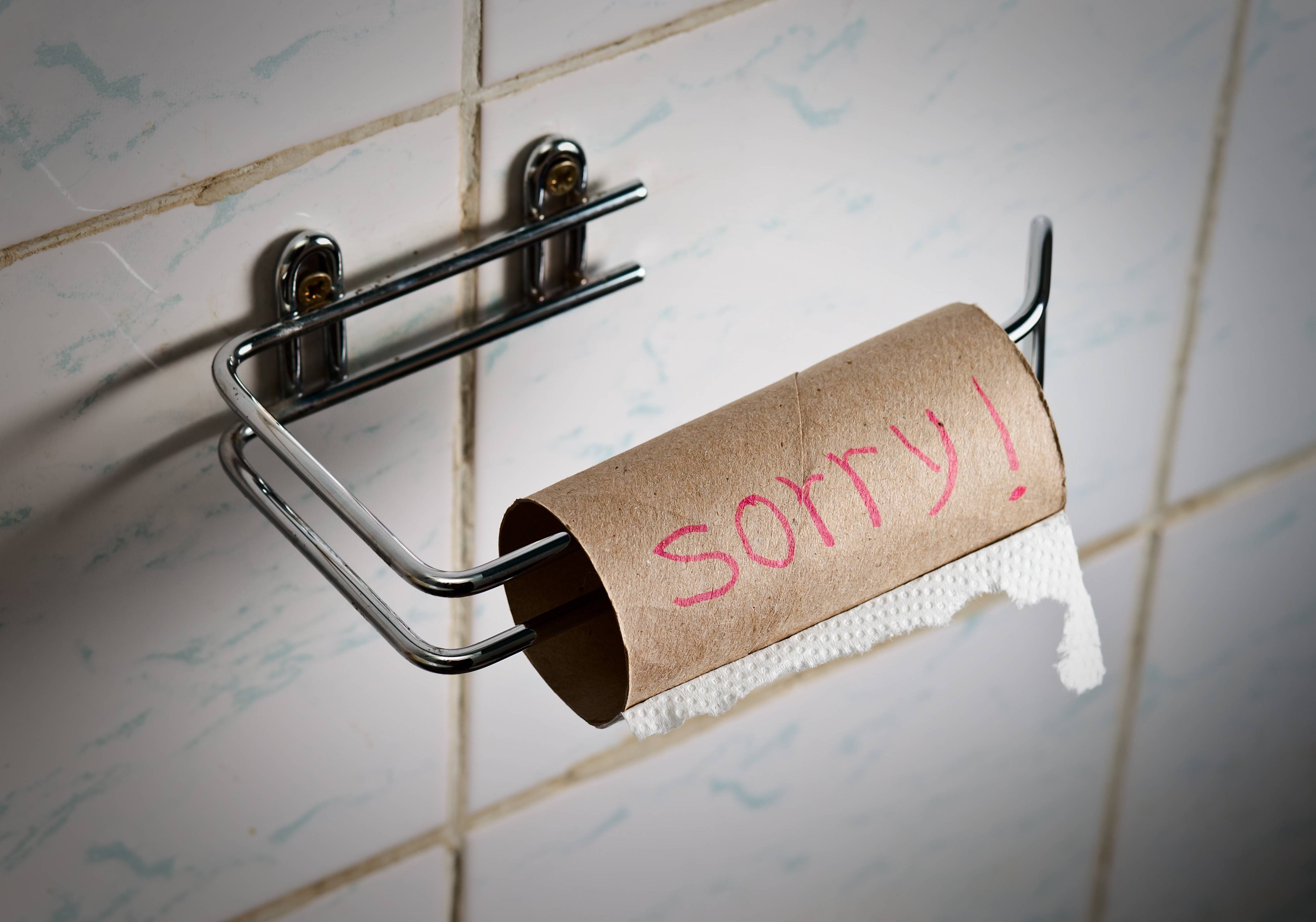
Tip #2 DON’T ADMIT FAULT
Whatever you do, don’t admit fault at the scene of the accident! That could flush your case right down the toilet. Besides, you don’t know who is legally at fault, that’s a legal question for a court to ultimately decide.
Saying something that can be interpreted as an admission of fault is one of the biggest mistakes many people make. For example, you might say to the other driver, “Oh, I’m so sorry!” and you are simply trying to convey that you are sorry they made an ill-advised turn and crashed their car into yours, but later on that person (not knowing your intentions) is going to tell their insurance company that you said “I’m sorry” at the scene and the insurance company will interpret this as your admitting the accident was your fault. That’s why you don’t want to talk at the scene of the accident. I have worked on so many cases where my client (before hiring me) made a statement at the accident scene that really hurt their case; something like “Sorry, I was late for work” or “Sorry, I got a text..”. Don’t say anything that may be construed as an admission that you were in any way at fault for the accident.
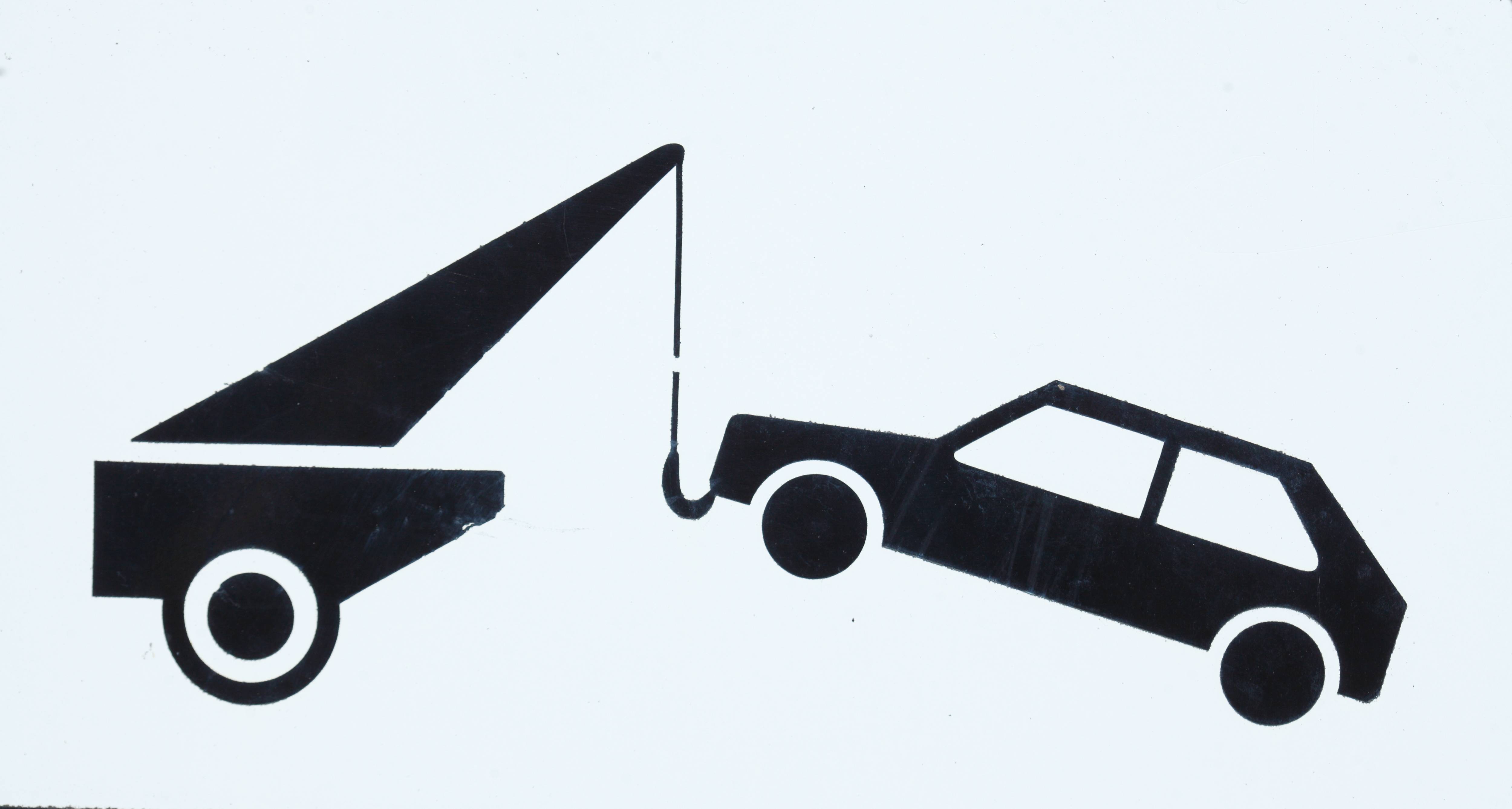
Tip #3 DON’T TAKE ANY ADVICE FROM THE TOW TRUCK DRIVER
Don’t talk to tow truck drivers that mysteriously show up at the accident scene! This is a common occurrence. They have scanners and are listening for accidents. In my many years as a personal injury lawyer in California, I have heard from many clients about tow truck drivers who show up at the scene of their car accidents. They claim they want to help you and they offer to tow you to a great body shop and to refer you to a great injury lawyer.
BEWARE! Don’t let the tow truck driver give you the name of “a good lawyer he knows”! In my experience and opinion, tow truck drivers are not the best people to refer you to a great personal injury lawyer. They are however experts at convincing unsuspecting people to call a lawyer that is paying them a kick-back and who in my experience won’t do a very good job on your case.
The Los Angeles Police Department and the National Insurance Crime Bureau once issued a warning to the public to beware of "bandit" tow trucks that show up at the scene of the accident when nobody called them. Their predatory towing actions include charging exorbitant towing and storage fees, adding fake service charges, inflating storage fees, and sending unsuspecting victims to overpriced repair shops that they are colluding with in order to maximize their bills.
In short, beware of the bandit tow truck drivers! They are not the best place to get advice and recommendations!
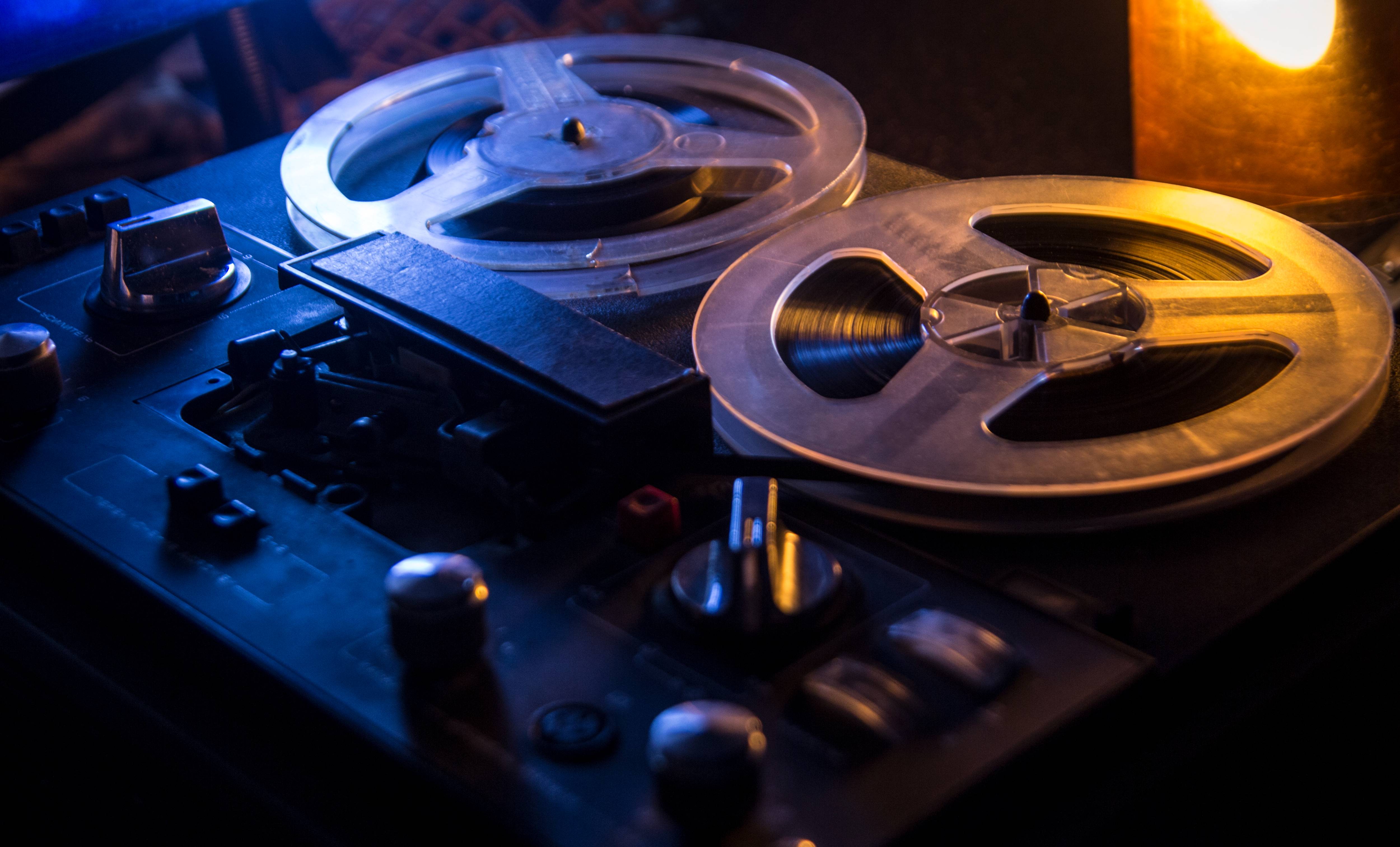
Tip #4 DON’T GIVE A RECORDED STATEMENT
Don’t talk to the insurance company, insurance adjuster, or insurance agent of any insurance company, except your own insurance company. If anyone calls you, tell them you have a lawyer or you are looking for a lawyer, and under no circumstances should you give the other insurance company a recorded statement. That is a terrible idea that can really hurt your case.
The insurance company of the person who caused your accident will likely harass you or threaten you in an attempt to get you to give them a recorded statement. I have seen them say things like, “...your case will never get resolved if you don’t give us a statement” or “...we’re going to close our file if you don’t give us a statement” or some other crazy story, but don’t believe it. You are not required to give them a recorded statement and if you do (without a lawyer representing you) you will be jeopardizing your case.
In my years as a personal injury lawyer, I’ve had so many insurance adjusters insist they had to get a recorded statement from my client. To shut them up I would sometimes make them an offer; “Tell you what, I’ll give you the recorded statement of my client if you let me record the statement of your client”. They would become infuriated and angrily tell me I had no right to take the recorded statement of their client! Funny how it’s never a two-way street with the insurance companies! They insist on recording your statement, but they won't let you record their clients statement! So don’t give a recorded statement unless you have a lawyer who is on the line with you.
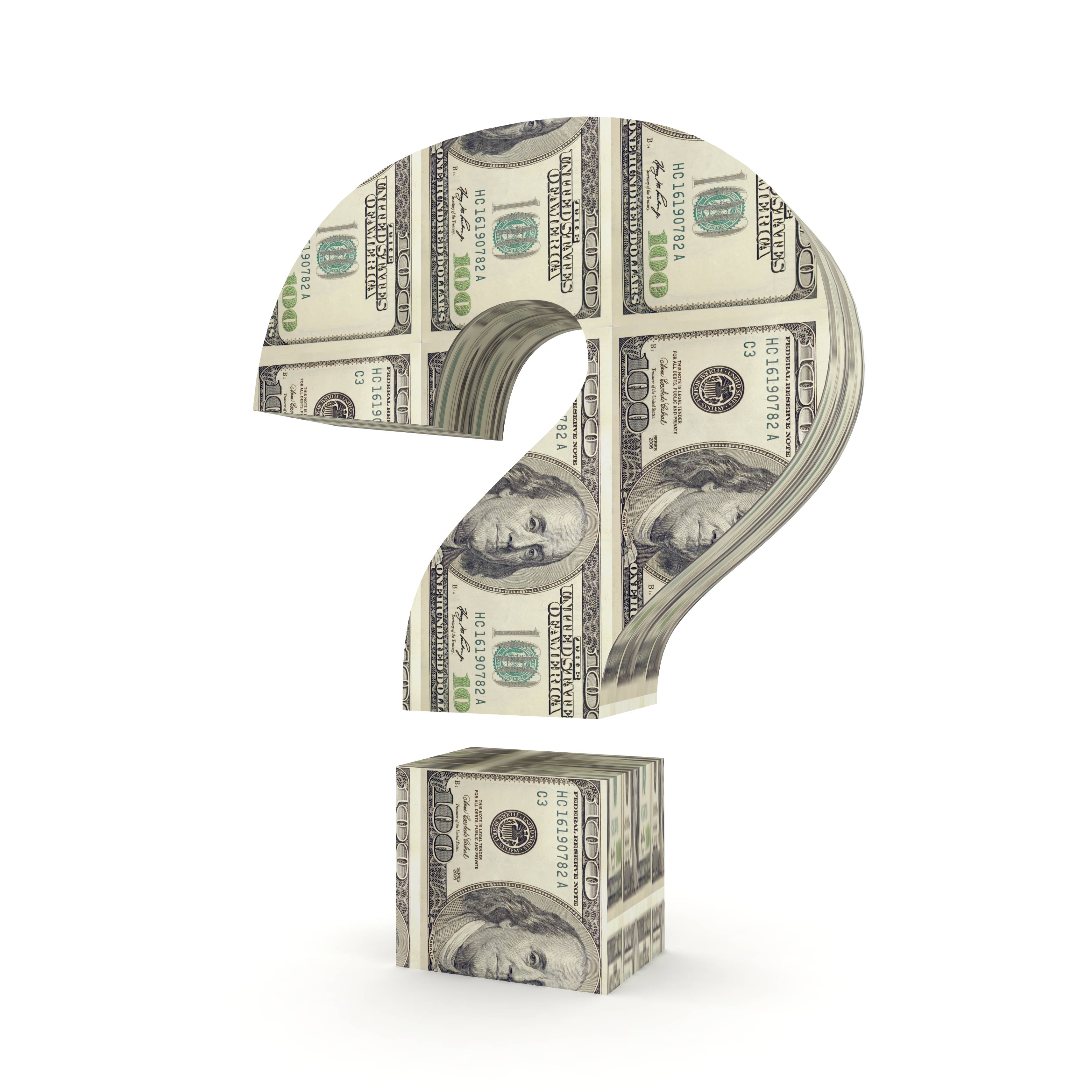
Tip #5 DON’T TALK SETTLEMENT
This one does not happen that often in my personal experience, but it’s worth a warning because it will be a big problem if you do it.
Don’t ever talk about a settlement of the case until you have a lawyer. I’ve unfortunately had people who discussed resolving their case right at the accident scene, and the justification is usually something like,“...so the insurance companies don’t have to get involved”. That’s a terrible idea. Any talk you have about a settlement is later going to be used as evidence against you to show that you were at fault. So don’t accept any money at the scene of the accident and don’t talk about settling the case in any way. All that talk will be used against you later on, so don’t do it!

Tip #6 DON’T REFUSE MEDICAL TREATMENT
Another common issue I’ve had to deal with in hundreds of personal injury cases is when the insurance company argues that my client wasn’t hurt in the accident (or wasn't hurt that badly) because my client refused medical treatment at the scene of the accident. It’s a very common insurance company tactic. If an ambulance is called to the scene of the accident, don’t refuse treatment, especially if you have health insurance.
A refusal to receive treatment at the scene of the accident can come back to bite you later. Sometimes it’s just our human reaction to say things like, “I’m not really hurt that bad,” or “I feel fine.” These statements can be used against you later if you end up making a claim for personal injuries. You might feel "okay" at the scene of the accident because your body is running on adrenaline, and later when things have settled down your body may hurt badly.
If there is even the slightest chance you have been injured the police will ask you if you need medical treatment, or if you want to be taken to a hospital by ambulance. Don’t turn them down, because you may regret it later on if you don’t go. You may feel fine, but in reality, you don’t know if you’re okay or not.
I had one really eye-opening experience with this early in my legal career. A young healthy woman was in a car accident, and she called me to see if I would help her. I spent a long time talking with her and I listened carefully to her story. She said she felt pretty good, and she thought her pain would resolve soon. My (bad) advice was to tell her to just wait and see how she progressed, and she could probably handle the claim on her own with the insurance company since she didn’t think she was injured very badly. I told her if she had any questions as things progressed to give me a call and I would help her, at no charge.
Well, about two months later she called me because she said she had a question “about her upcoming neck surgery”! Neck surgery! I couldn’t believe it. It turned out she had a very serious neck injury that required surgery and the insurance company was going to offer her a few thousand dollars to settle the case. Long story short, she hired me and I wound up getting her a one-million-dollar settlement! I learned my lesson on that one!
So don’t ignore your injuries or your treatment. Every good personal injury lawyer will tell you that the insurance company lawyers will use one of their usual arguments against you if you don’t get treatment right away, including:
- "The accident wasn't what caused your injury,"
- "You had a preexisting condition,"
- "You’re exaggerating your injuries," or
- "You may be injured, but your treatment wouldn’t have cost as much if you had been responsible and gotten treatment right away."
Refusing medical treatment at the scene of an accident makes all of these arguments easier for the defense. In other words, your delay in seeing a doctor allows them to question the validity of your injury. So, don’t refuse medical treatment at the scene of the accident!

Tip #7 DON’T JUMP OUT OF YOUR CAR
At the scene of an accident, there is often a tendency for people to jump out of their cars to see what happened and to express their opinions about what they think happened. It’s that “fish out of water” syndrome. It happens when we are outside our usual environment when something strange happens and we get so excited we do things we wouldn't normally do. You have to resist this temptation at the scene of the accident.
If your injuries are serious and if your case goes to trial, you will at some point testify in front of a jury and tell your story. One of the classic ways insurance company lawyers like to discredit accident victims is by making it look like they are “faking” or “exaggerating” their injuries. They do this by insinuating that at the scene of the accident the plaintiff “immediately jumped out of her car” and was “running around” at the scene, insinuating that if you were injured you would not have been able to do all of that.
So don’t be so quick to get out of your car. If you are injured, you may not be able to get safely out of your car. So when the accident happens, take a deep breath and assess how you are doing and what is going on outside before you get out of your vehicle. Grab your phone, make any calls you need to make, and then get out of your car if you can do so safely and start to do the things I mention in my article 10 Things You Must Do if You Are in a Car Accident in California.
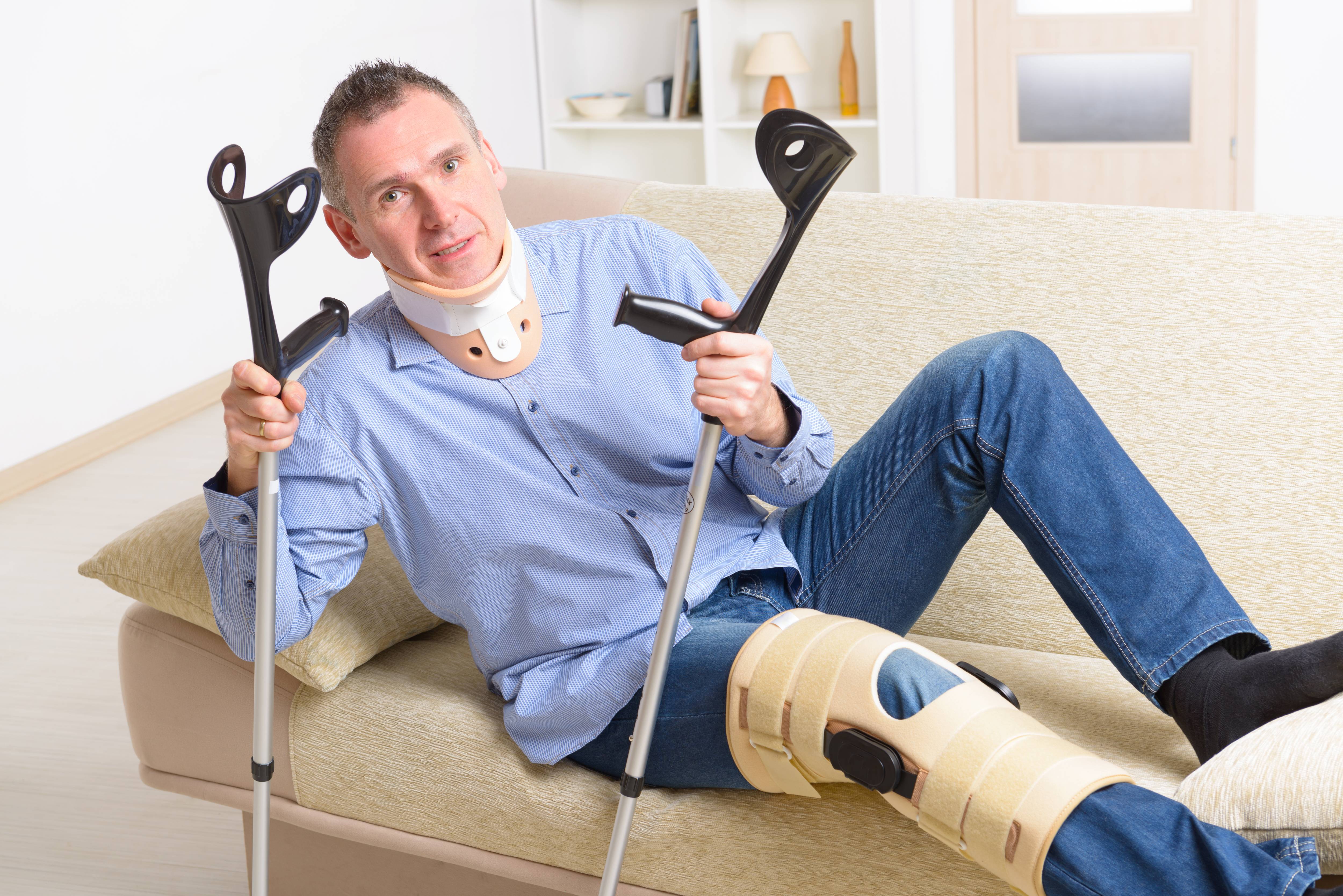
Tip #8 DON’T DISPOSE OF EVIDENCE
If you have serious injuries and have a large claim, you are going to need all the evidence you can find to support your case. So don’t get rid of any evidence that may be important. This might include things like the bloodstains on the shirt you were wearing, the broken glasses that flew off your face during the accident, the cast or brace you wore on your arm or leg for 6 months, the cervical collar (neck brace) you wore, the crutches you had to use for 8 weeks, just to name a few. These are all items that will remind you what happened in the accident, and if needed they will serve as demonstrative pieces of evidence that a jury can see and that will help them relate to your painful experience.
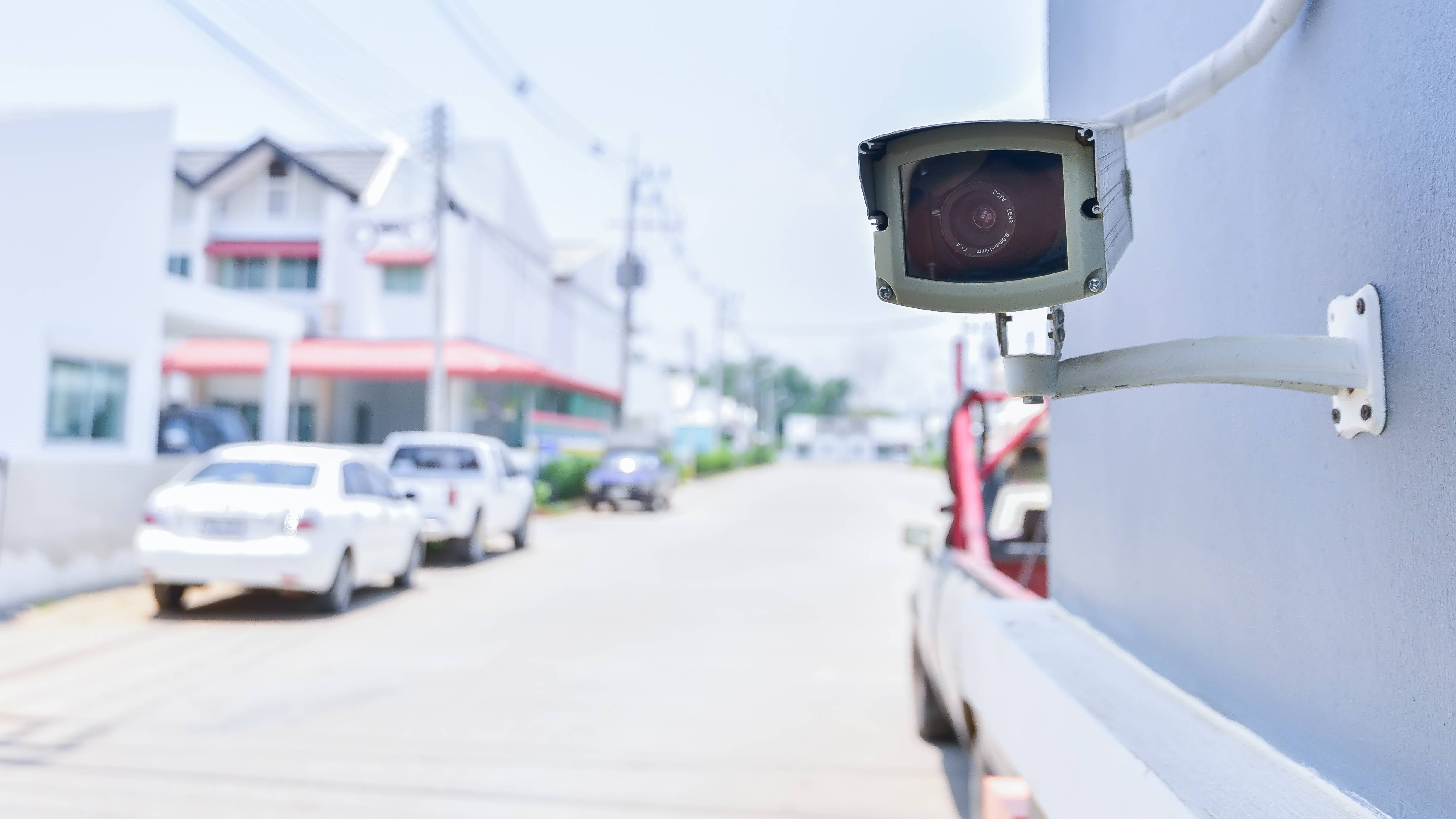
Tip #9 DON’T LET VIDEO EVIDENCE DISAPPEAR
Don’t let the video evidence disappear! Depending on where your accident happened, there may be video evidence of the accident. There are video cameras everywhere now. This could be from a nearby business, a government building, a store, or even someone's video doorbell. The problem is that most of these sources of video are not preserved for very long and they are taped over and lost.
So you need to act right away to determine if there is video evidence of your accident and if so to get it and save it before it is destroyed. Saving that video evidence could be as simple as sending a preservation of evidence letter to any nearby buildings, businesses, or homes that you suspect might have that evidence. Video evidence can also come from police dashcams and body cams. Sometimes this video evidence also contains audio and statements made by witnesses or parties to the officers that can be extremely valuable in the case.
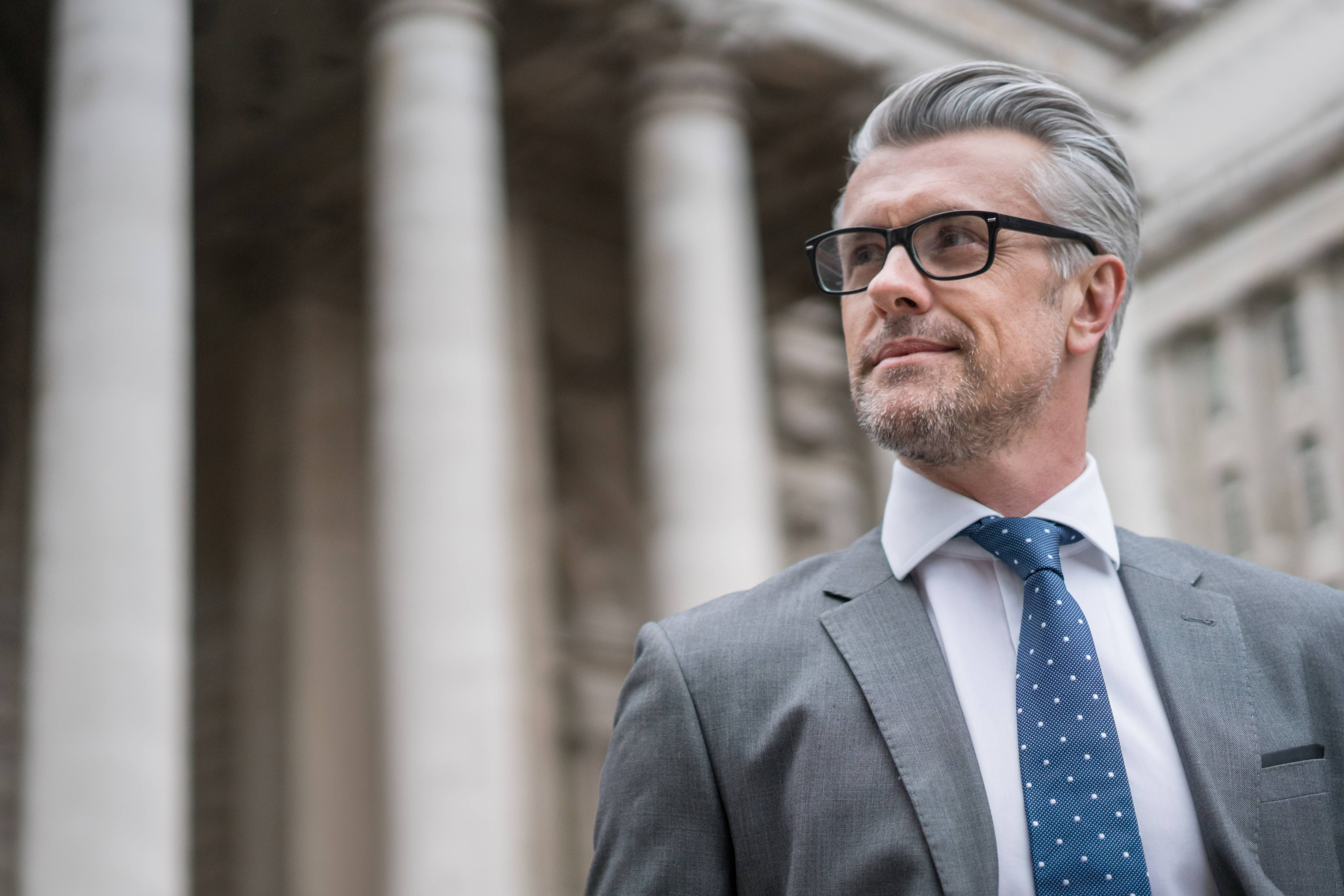
Tip #10 DON’T WAIT TO GET A LAWYER
There is a lot to think about when you are in a serious accident. And when you are injured all of your attention should be on getting healthy and getting back to your previous self.
The best way to relieve the burden of all the steps you need to take after a serious accident is to hire an excellent personal injury lawyer. I have done another blog post and YouTube video which discusses whether you need to hire a lawyer after you are in an auto accident. [Should you file your own personal injury case in California without a lawyer?] The point I want to make here is how important it is for you to make that decision. If you need a personal injury lawyer, you need to take the proper steps to hire a good one right away.
I hope this article has provided you with some helpful information about what NOT to do if you are in an accident.
If I can help you find an experienced personal injury lawyer who understands how to do this, please let me know. Tell Me About Your Case
If you have a question that you think might help everyone, please write it in the comments section of the Higher Legal YouTube channel show that goes along with this blog. Also, if you have an idea that you would like to see a video on, please mention that in the YouTube comments.
If you need a referral to a great personal injury lawyer, send me a message through the Higher Legal website contact and I will get right back to you. Higher Legal has been helping people find the best personal injury lawyers since 2009.
If you want to leave me a phone message, you can call me at 1-800-210-2104. Keep in mind I use some of the phone messages on the Higher Legal YouTube channel.
If you want me to get right back to you, the best and the fastest way to reach me and get a response is through a message on the Higher Legal website.
During my legal career, I've worked with some of the very best personal injury lawyers in California who have recovered billions of dollars for people injured in accidents. I have represented thousands of people who have been injured in all sorts of accidents, and I have fought in courts across the State of California for them. I hope to help you navigate the world of personal injury law.
If you found this information useful I hope you will ‘LIKE’ this post, share it with your family and friends, and ‘SUBSCRIBE’ to both this blog and the Higher Legal YouTube channel. Your support helps grow our community and allows us to help others like you who are looking for reliable legal information.
Thanks again for reading!